If you’ve got customers wondering if they should upgrade from Windows XP or Vista to Windows 7 and are looking for testimonials, go to Gizmodo’s article, 27 Takes on Windows 7. It features quotes from 27 reviews of Windows 7, which include the following seven:
- CNET
"Windows 7 presents a stable platform that can compete comfortably with OS X, while reassuring the world that Microsoft can still turn out a strong, useful operating system." - PC Mag
"It’s far and away the best OS we’ve ever seen from Microsoft." - Guardian
"Windows 7 is simply the best version of Windows you can get." - Slate
"Indeed, the new Windows is not only the best operating system that Microsoft has ever produced. It is arguably the fastest, most intuitive, and most useful consumer desktop OS on the market today." - PC Pro UK
"We like Windows 7 a lot – so much so, that the disappointment that was Windows Vista has already become a distant memory…" - Wall Street Journal
"I believe it is the best version of Windows Microsoft has produced." - bit-tech
"For want of a better way of describing it, Microsoft has essentially fixed Vista and the result is arguably Microsoft’s best operating system to date."

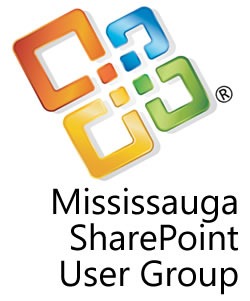

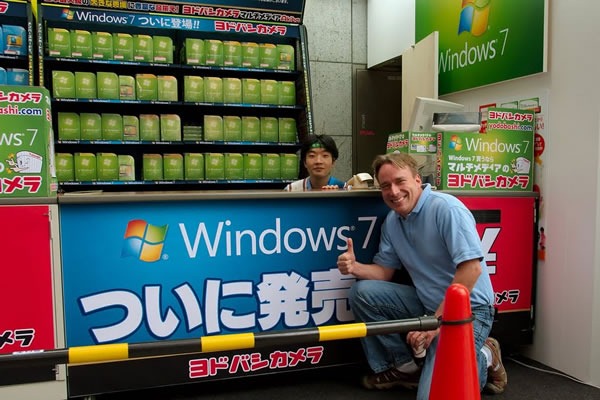

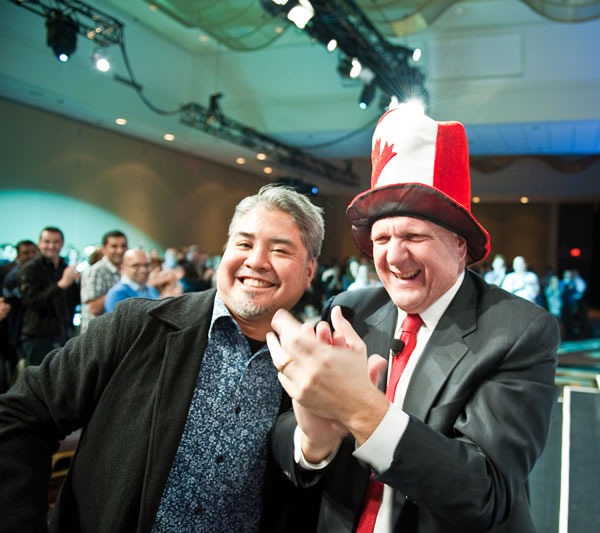 Photo by Barnaby Jeans.
Photo by Barnaby Jeans.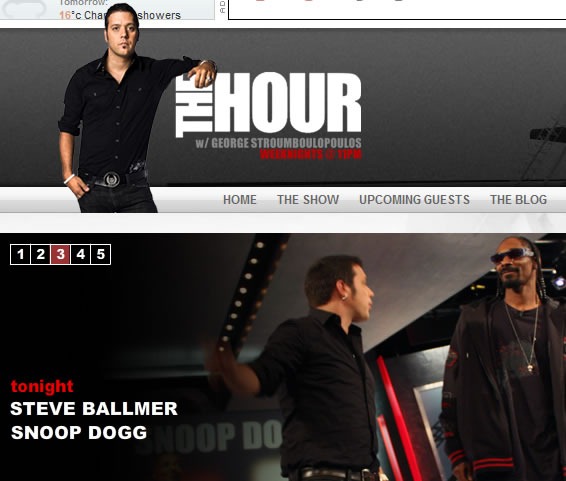
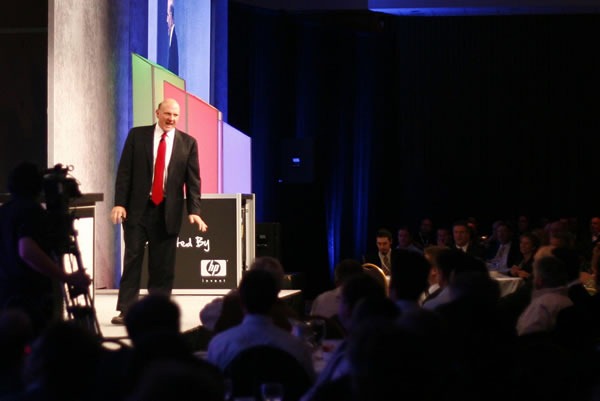
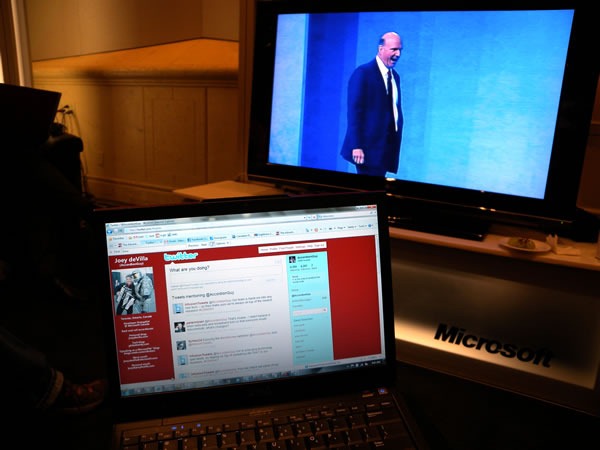 Photo by Yours Truly.
Photo by Yours Truly.